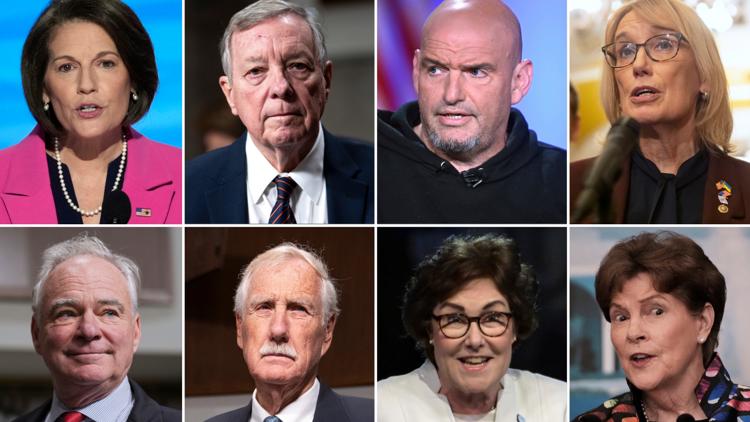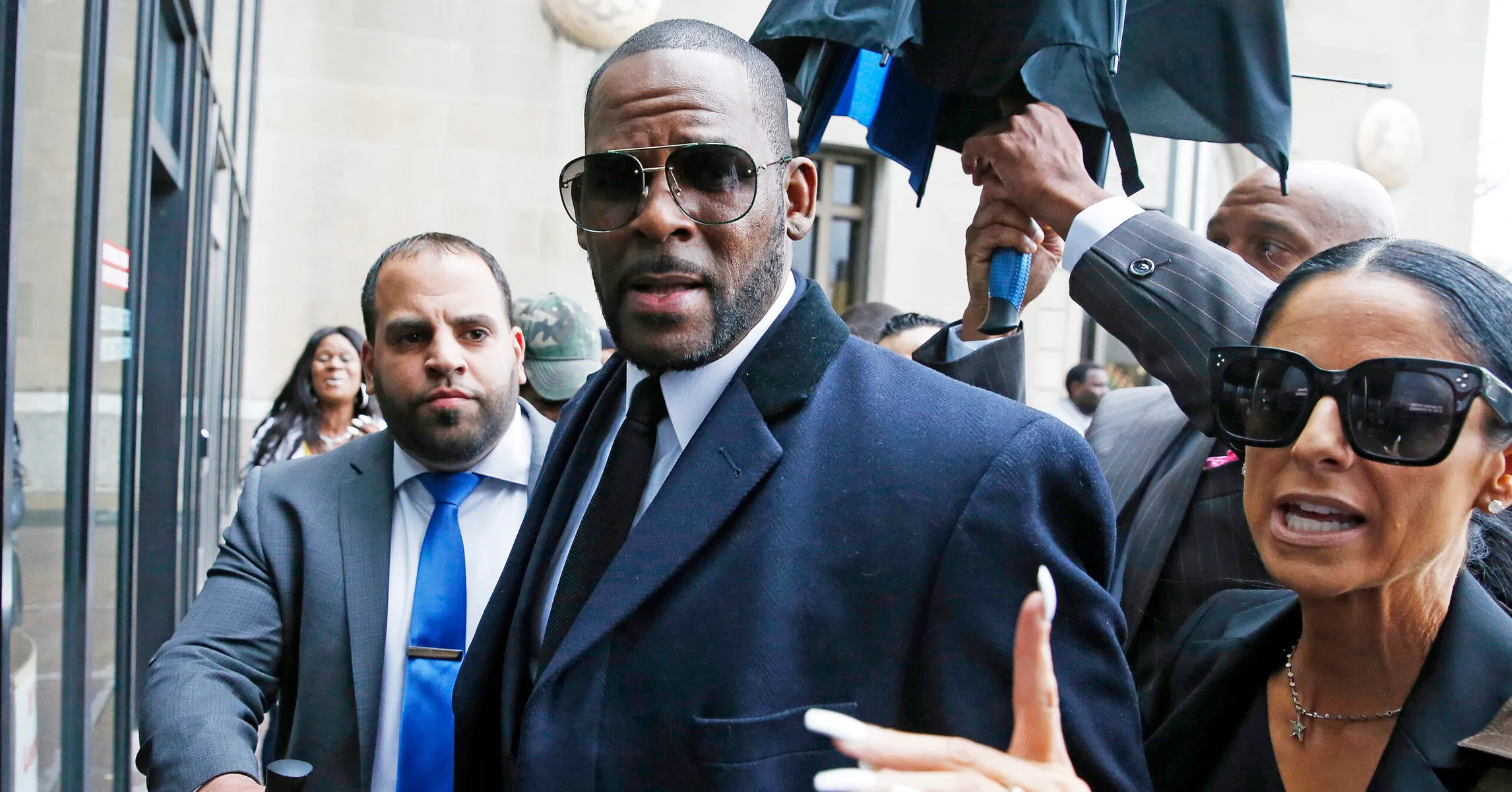UPDATE: In a stunning turn of events, eight senators from the Democratic caucus broke party ranks late Sunday night, joining Republicans to advance critical legislation aimed at ending the government shutdown. This unexpected alliance has sparked outrage within the Democratic Party, with leaders labeling the move a “betrayal” and “pathetic.”
The decisive vote came as the Senate prepares to reopen the government and negotiate essential funding measures. Five Democrats switched their votes, joining three senators who had already supported reopening efforts since October 1. This shift is being closely watched as it unfolds in Washington, D.C., with implications for upcoming elections and party unity.
Among those breaking ranks were notable figures such as New Hampshire Senator Jeanne Shaheen, who emphasized the urgency of the situation. “This was the only deal on the table. It was our best chance to reopen the government,” she stated at a news conference. Shaheen, along with Senator Dick Durbin of Illinois, who holds a senior leadership position, will both be retiring in the next election cycle, adding a layer of complexity to their decisions.
Senator Tim Kaine of Virginia, not facing reelection until 2030, highlighted the funding bill’s language that protects federal jobs from mass layoffs, a crucial issue for his state. Similarly, Senator Maggie Hassan, also a former governor and not up for reelection until 2028, pointed to the urgent need for federal food aid as a driving factor in her vote.
The fallout from this vote is palpable. Republican House Speaker Mike Johnson praised the defecting senators for “putting principle over personal politics.” Meanwhile, Senator Jacky Rosen of Nevada voiced strong concerns about how the shutdown has disproportionately affected working families, stating that Republicans are “weaponizing their power” to inflict pain on the public.
Independent Senator Angus King of Maine, who has consistently voted to reopen the government, played a vital role in negotiations, often hosting discussions in his Capitol office. He is not facing reelection until 2030. Other key defectors include Senator Catherine Cortez Masto of Nevada and Senator John Fetterman of Pennsylvania, both of whom have previously supported reopening measures.
As tensions rise, the implications of this vote could reshape the political landscape. Critics within the Democratic Party are already calling for accountability, while the Republican majority expresses renewed confidence in their agenda.
What happens next is crucial. The Senate is expected to move swiftly on the proposed legislation, which could have significant ramifications for federal employees and essential services. As negotiations continue, the public’s response will be a critical factor in shaping further developments.
Stay tuned as this situation evolves, with more updates expected in the coming hours. The stakes are high for both parties as they navigate this unprecedented political moment.







